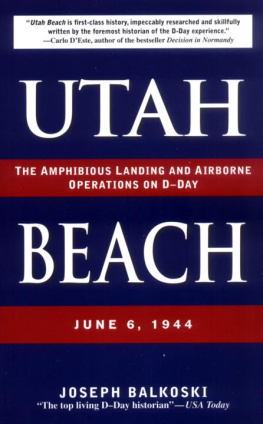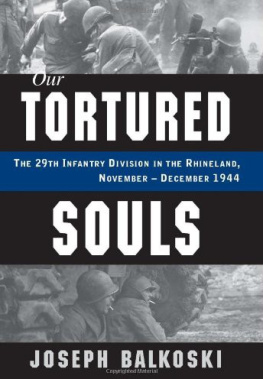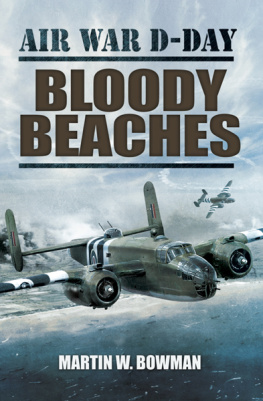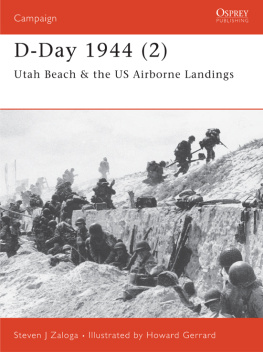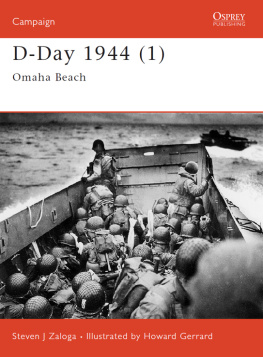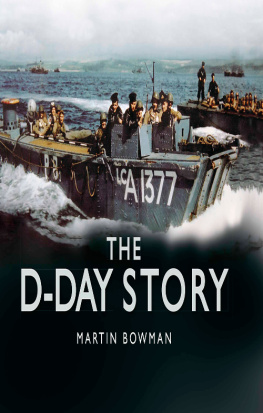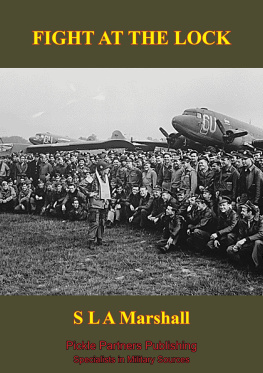JOSEPH BALKOSKI




For Leah and Emma, the joys of my life
Chapter .................... 1
Chapter ............................ 26
Chapter ........................... 50
Chapter ............................... 92
Chapter .............................. 115
Chapter ............................... 145
Chapter ............................ 172
Chapter .................. 230
Chapter .......................... 267
Chapter ................................ 290
Chapter ................ 309
....... 330
....... 332
............... 336
............................ 338
............................ 341
............... 343
........ 344
............................ 346
.................... 348
...................................... 350
................................ 366
............................ 372
...................................... 375
..................... 7
..... 15
........ 38
........ 57
.............................. 66
........................ 71
................... 79
................................ 100
...................... 120
.............................. 131
.............. 135
.............................. 138
.......... 148
............................. 159
............................ 162
........................... 175
......................... 178
......................... 188
........................ 195
...................... 203
.............. 223
........ 226
................ 235
......................... 253
................... 255
............................. 270
......... 272
......... 279
.............. 283
..................... 6
................... 11
...... 55
................ 60
............ 76
........ 81
............................... 86
........... 93
............. 109
................. 128
................. 137
........ 151
.............................. 160
...... 198
........ 220
....... 232
.............................. 240
....... 258
............. 263
........ 269
.............................. 281
........ 293
........... 304
A HEAVY BURDEN OF RESPONSIBILITY
Many of those who have experienced high command in war have described it as a lonely and burdensome job, and no man understood the weight of that responsibility better than Gen. Dwight D. Eisenhower. Ike's aides had observed their boss's inclination to chain-smoke during periods of stress, and by the end of May 1944, Eisenhower's addiction to tobacco had considerably worsened. The aides could not have known that on May 30, 1944, Eisenhower faced one of his toughest decisions of the war, a choice forced upon him by his senior air commander, Air Chief Marshal Sir Trafford Leigh-Mallory of the Royal Air Force. Just a few days before the initiation of Operation Overlord on D-Day, Leigh-Mallory had professed a near-total lack of confidence in the massive American airborne operation that was planned to support the Utah Beach invasion on D-Day. With the momentous invasion about to be launched, Ike would have little time to decide whether the proposed airborne venture behind Utah would lead to the slaughter of the U.S. Army's prized 82nd and 101st Airborne Divisions.
Good generals judge correctly when risks are worth taking in war and when they are not. Ike paced and smoked countless packs of cigarettes pondering the risks that could lead to disaster, but his ultimate endorsement of the American airborne mission on D-Day accentuated the incontestable truth that Operation Overlord was a highly risky undertaking, a detail that has been noticeably dimmed by the passage of more than six decades since the invasion. History has come to view D-Day as an inevitable Allied triumph. It was anything but. Several pillars of the D-Day plan posed signifi cant risk, and first among them was the U.S. Army's proposed scheme of landing thousands of men by parachute and glider behind Utah Beach in the invasion's opening hours. As Ike noted in his World War II memoir, Crusade in Europe, "If [Leigh-Mallory] was right, it appeared that the attack on Utah Beach was probably hopeless, and this meant the whole operation suddenly acquired a degree of risk, even foolhardiness, that presaged a gigantic failure, possibly Allied defeat in Europe."
The U.S. Army Chief of Staff, Gen. George C. Marshall, had defined Eisenhower's role as Overlord's supreme commander as "a heavy burden of responsibility," and Ike's burden could be neatly summed up as ensuring that such an unthinkable defeat did not occur. As Thomas Paine had so eloquently noted in 1776 during an earlier period of acute uncertainty: Times such as these tried men's souls.
MONTY
When General Sir Bernard Law Montgomery arrived in Britain in January 1944 to assume the crucial role as Eisenhower's senior ground commander and chief planner for Operation Overlord, British and American soldiers regarded him with either adoration or abhorrence: There were no opinions in between. Then and now, Monty's critics have commonly categorized him as an excessively cautious commander, one who would wait for near-perfect conditions before initiating a military operation. However, the first three months of the Allied campaign in northwest Europe proved conclusively that this label is entirely invalid. Within a fifteen-week period from June to September 1944, Montgomery was in large measure the driving force behind two immense and highly risky military endeavors, both of which involved airborne operations on an unmatched scale: first, the June 6 seaborne and airborne assault against the Cotentin Peninsula, which included the Utah Beach invasion and the 82nd and 101st Airborne Divisions' air drop behind the Atlantic Wall; and second, Operation Market-Garden, a daring airborne thrust in September deep behind enemy lines that aimed to exploit the recent German rout in France and win the war in a single stroke. Neither of these two operations could have been devised by a commander who habitually practiced caution.

